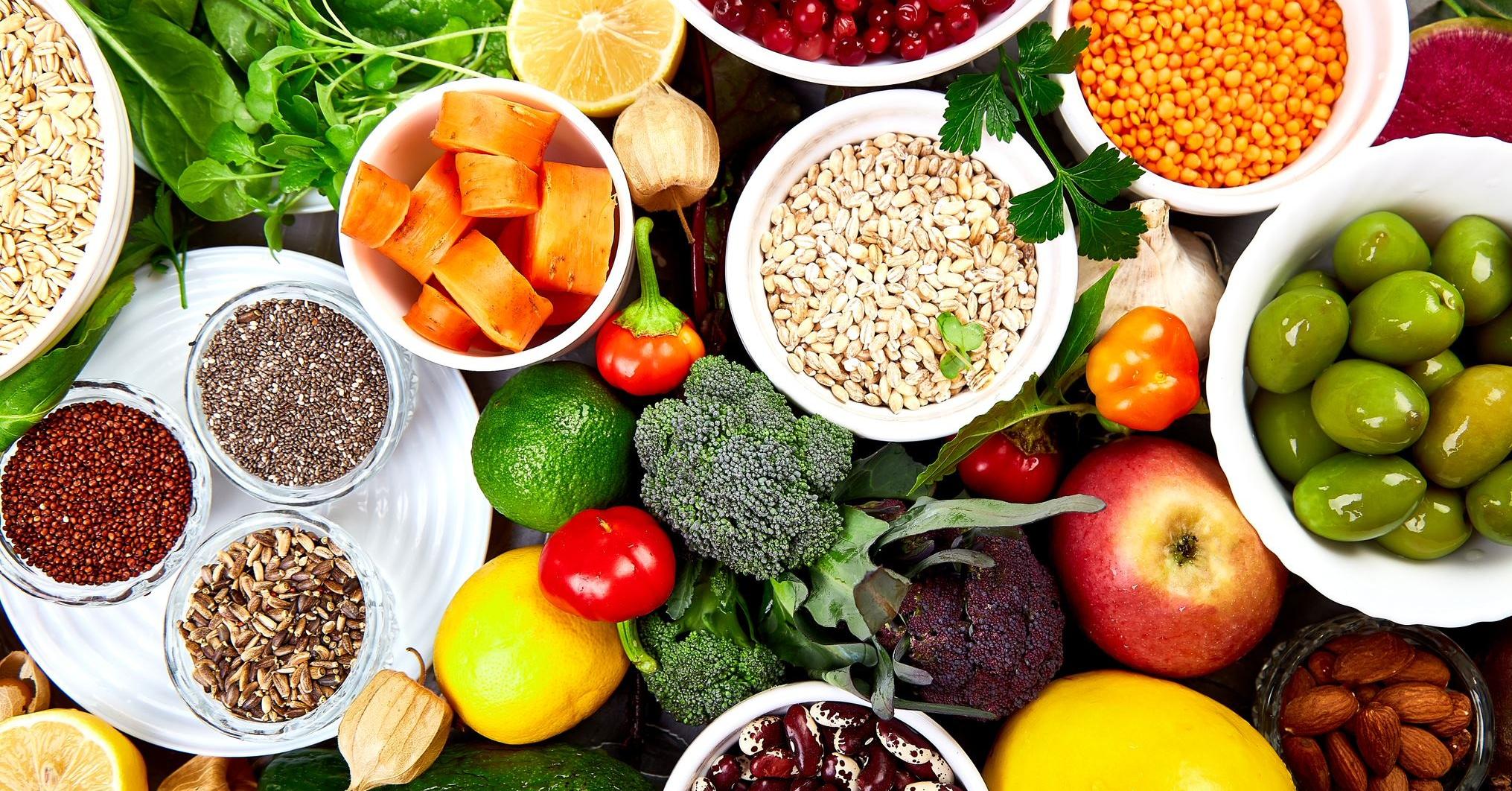The path to recovery after an accident is multifaceted, involving medical treatment, rest, and rehabilitation. However, one often underemphasized aspect is the crucial role of nutrition in healing. Proper dietary choices can significantly improve recovery outcomes by meeting increased nutritional needs and supporting the physiological healing process. In accidents resulting in injuries such as fractures, burns, or traumatic injuries, the body’s demand for nutrients escalates to support tissue repair, immune function, and overall recovery.
The Importance of Protein
Protein is the building block of tissue repair. After an accident, the body’s protein requirements increase to aid in the healing of damaged tissues. High-protein foods like lean meats, poultry, fish, eggs, dairy products, legumes, and nuts should be incorporated into the recovery diet. For those with decreased appetite or difficulty eating regular meals, protein supplements such as shakes or powders can also be beneficial.
Vitamins and Minerals to Aid Healing
Certain vitamins and minerals play pivotal roles in recovery:
- Vitamin C: Essential for collagen production, vitamin C is crucial for wound healing and the maintenance of healthy skin. Sources include citrus fruits, strawberries, bell peppers, and leafy greens.
- Vitamin A: It supports cell growth and boosts the immune system. Good sources are carrots, sweet potatoes, spinach, and fortified dairy products.
- Zinc: This mineral is involved in protein synthesis, wound healing, and immune function. Foods rich in zinc include seafood, beef, poultry, legumes, nuts, and seeds.
- Iron: Necessary for hemoglobin formation, iron helps to supply oxygen to damaged tissues. Red meat, poultry, seafood, beans, and fortified cereals are good sources.
Antioxidants for Inflammation and Recovery
Antioxidants combat oxidative stress and inflammation, which can hinder healing. Incorporating a diet rich in antioxidants is essential for promoting recovery. Foods high in antioxidants include berries, dark chocolate, pecans, artichokes, and kidney beans. Additionally, spices like turmeric, which contains the anti-inflammatory compound curcumin, can be added to meals to further support healing.
Hydration Is Key
Hydration is vital for all bodily functions, including the healing process. Water is essential for nutrient transport, waste removal, and overall cell function. The injured should be mindful to stay well-hydrated, aiming for clear or light yellow urine as an indicator of adequate hydration.
Special Considerations for Specific Injuries
According to the Oakland personal injury attorneys at Milanfar Law Firm list the nutrients that are important for recovery from various personal injuries:
- Fractures: Calcium and vitamin D are pivotal for bone repair. Milk, fortified plant-based beverages, yogurt, and leafy green vegetables can provide calcium, while vitamin D can be attained from sunlight exposure, fatty fish, fortified foods, and supplements.
- Burns: Increased fluid intake is important to replace fluids lost from the injury site. High-calorie, high-protein diets are often necessary to meet the body’s elevated metabolic demands during burn recovery.
- Traumatic Injuries: Omega-3 fatty acids, found in fish, flax seeds, and walnuts, may help manage inflammation associated with traumatic injuries.
How To Create a Healthy Diet
The following apsects of your diet can help support recovery from injuries:
- Balanced: Incorporating a variety of nutrients to meet the body’s increased needs.
- Adaptable: Taking into account the injured person’s changes in appetite, ability to consume food, and digestion.
- Individualized: Tailored to the specific injuries and recovery stage of the individual.
Consulting a dietitian or nutritionist who can provide personalized advice is highly beneficial for creating an effective healing diet plan. They can take into consideration any dietary restrictions, ensure balanced nutrient intake, and support dietary adherence throughout the recovery process.
Nutrition plays a critical role in the healing process after an accident. By focusing on a diet rich in protein, vitamins, minerals, antioxidants, and maintaining proper hydration, individuals can not only support physical healing but also bolster their overall recovery. It’s important to understand that nutritional healing isn’t a one-size-fits-all approach and should be customized to fit individual needs and circumstances, ideally with professional guidance. Remember, as the body engages in the demanding task of healing, fueling it with the right nutrients can make a significant difference in the recovery journey.

